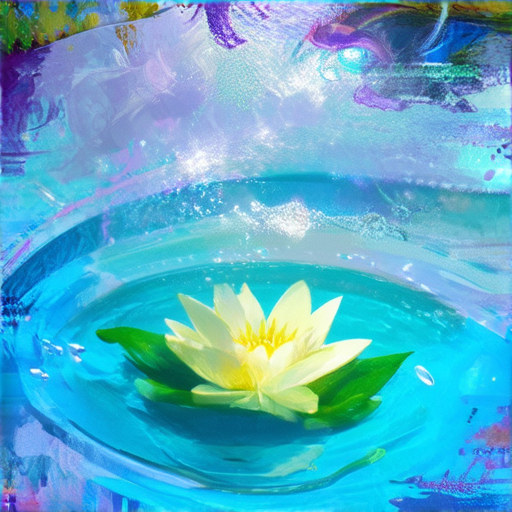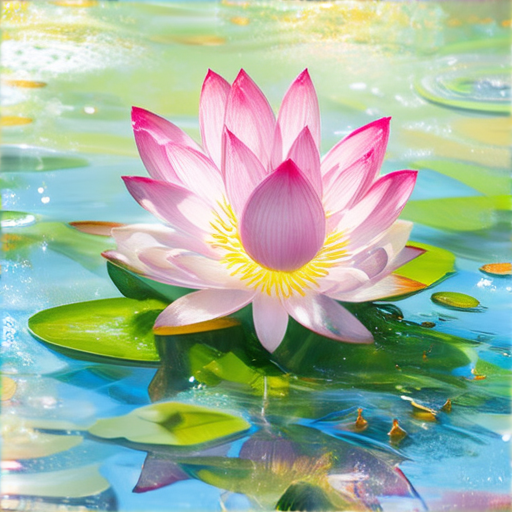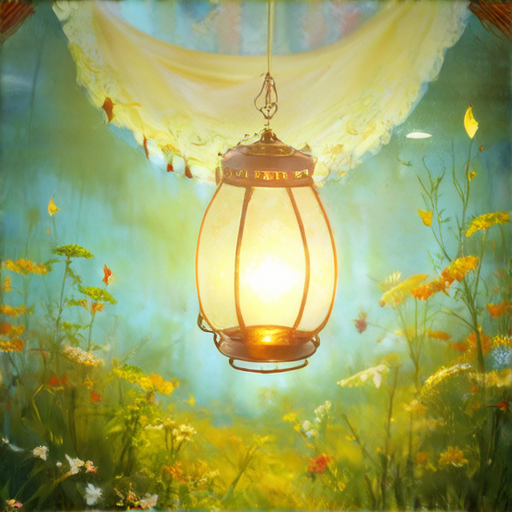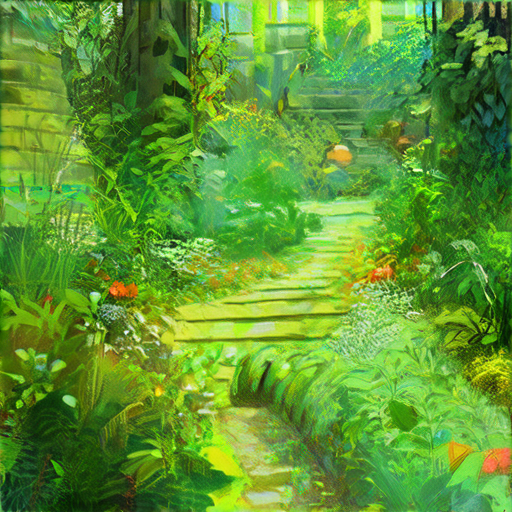Have you ever felt like your wellspring of innovative ideas has run dry? Like the flame of creativity that once burned brightly within you has flickered out, leaving you wondering what sparks inspiration and imagination? Nurturing your creative spark is essential for unlocking new perspectives, driving progress, and finding fulfillment in both personal and professional pursuits.

Nurturing Creativity
Nurturing creativity means fostering an environment that encourages imagination, innovation, and self-expression.
-
Encouraging Imagination:
Imagination is the foundation of creativity. To nurture it, we need to provide opportunities for people to think outside the box, explore new ideas, and experiment with different approaches.
- Create a safe space for brainstorming and idea generation.
- Encourage people to take risks and try new things.
- Foster a culture of experimentation and learning from failures.
-
Inspiring Innovation:
Innovation is the application of creative ideas to solve real-world problems. To inspire innovation, we need to provide resources and support for people to develop and implement their ideas.
- Provide access to tools, technology, and expertise needed to bring ideas to life.
- Encourage collaboration and cross-functional teams to work together on projects.
- Foster a culture of continuous learning and professional development.
-
Cultivating Self-Expression:
Self-expression is the ability to communicate thoughts, feelings, and ideas effectively. To cultivate self-expression, we need to provide opportunities for people to express themselves authentically and confidently.
- Encourage people to share their ideas and opinions freely.
- Provide training and feedback on effective communication and presentation skills.
- Foster a culture of empathy and understanding.
To nurture creativity, we need to create an environment that supports and encourages imagination, innovation, and self-expression. By doing so, we can unlock human potential and drive positive change in the world.
Nurturing Creative Energy
I’ve always been fascinated by the concept of creativity and how it can be nurtured. As someone who values self-expression and innovation, I believe that cultivating creative energy is essential for personal growth and success.
- Embrace Curiosity
- Prioritize Self-Care
- Experiment and Take Risks
- Seek Out Inspiration
- Practice Mindfulness and Meditation
- Set Aside Time for Reflection
- Stay Open-Minded and Adaptable
Curious people tend to be more open-minded and receptive to new ideas, which is crucial for fostering creativity. By embracing curiosity, you’ll become more aware of your surroundings, ask questions, and seek out diverse experiences.
Taking care of your physical, emotional, and mental well-being is vital for maintaining creative energy. Engage in activities that bring you joy, practice mindfulness, and get enough sleep to ensure you’re operating at your best.
Stepping outside your comfort zone and taking calculated risks can lead to groundbreaking discoveries and innovative solutions. Don’t be afraid to try new things, even if they might fail – it’s often through failure that we learn and grow.
Surround yourself with people, books, podcasts, and experiences that spark inspiration. Attend workshops, join online communities, or participate in group projects to stay motivated and engaged.
Mindfulness and meditation can help calm your mind, reduce stress, and increase focus. Regular practice can also enhance your ability to think creatively and approach problems from unique angles.
Scheduling regular reflection time allows you to process your thoughts, emotions, and experiences. This introspection can help you identify patterns, gain new insights, and develop a deeper understanding of yourself and your creative potential.
Remaining open to new ideas, perspectives, and feedback is essential for staying adaptable and responsive to changing circumstances. This flexibility will enable you to pivot when necessary and continue growing as a creative individual.
By incorporating these habits into your daily routine, you’ll be better equipped to nurture your creative energy and unlock your full potential. Remember, creativity is a muscle that needs to be exercised regularly to remain strong and resilient.

Nurturing Your Creative Side
As someone who values creativity and self-expression, I’m often asked how to tap into my own creative potential.
- Explore Your Interests
- Seek Out Inspiration
- Join a Community
- Collaborate with Others
- Review and Reflect
Start by identifying what sparks your curiosity and passion. Whether it’s painting, writing, photography, or music, allow yourself to dive deeper into these interests and see where they take you.
Visit museums, attend concerts, read books, or watch films that challenge your perspective and ignite new ideas. Sometimes, all it takes is exposure to something beautiful or thought-provoking to get our creative juices flowing.
Connecting with like-minded individuals who share your passions can be incredibly motivating and help you stay accountable. Look for online forums, social media groups, or local meetups that align with your interests.
Working alongside fellow creatives can bring fresh perspectives and ideas to the table. Don’t be afraid to reach out to friends, family members, or colleagues who might be interested in collaborating on a project.
Regularly take time to reflect on your creative journey, celebrating your successes and learning from your setbacks. This self-awareness will help you grow and adapt as an artist, writer, or musician.
By embracing these habits and staying true to myself, I’ve been able to cultivate a sense of purpose and fulfillment in my creative pursuits. Remember, nurturing your creative side is a lifelong journey – one that requires patience, dedication, and a willingness to take risks.
Additional Resources:
- Artists Network offers a wealth of tutorials, workshops, and inspiration for visual artists.
- Writer’s Digest provides valuable advice, publishing news, and writing prompts for aspiring authors.
- Musician On A Mission shares practical tips and motivational stories for musicians looking to succeed in the industry.

Discovering Your Creative Spark
I’ve always been fascinated by the concept of creativity and how it can be sparked within us.
- Reflect on Your Passions: Take some time to think about what truly excites and inspires you. What activities do you enjoy doing in your free time? What topics do you find yourself reading about or exploring?
- Explore New Experiences: Sometimes, all it takes is a new experience or exposure to something unfamiliar to reignite our creative spark. Try taking a class, attending a workshop, or traveling to a new place.
- Practice Mindfulness: Being present in the moment and fully engaged with our surroundings can help us tap into our creative potential. Try incorporating mindfulness exercises into your daily routine, such as meditation or deep breathing.
- Connect with Others: Collaborating with others and learning from their experiences can be a great way to stimulate our creativity. Join a community group, attend a networking event, or simply strike up a conversation with someone new.
- Take Risks and Experiment: Don’t be afraid to try new things and take risks. Experimentation and failure are often necessary steps in the creative process, and they can lead to unexpected breakthroughs and discoveries.
Staying Inspired
Once we’ve discovered our creative spark, it’s essential to keep ourselves inspired and motivated. Here are a few strategies for staying creative:
- Set Goals and Challenges: Setting goals and challenges for ourselves can help us stay focused and motivated. Try setting aside dedicated time for creative pursuits or setting specific targets for projects.
- Seek Out Inspiration: Surround yourself with people, places, and things that inspire you. Read books, watch movies, or visit museums to expose yourself to new ideas and perspectives.
- Stay Organized: Keeping our workspace organized and clutter-free can help us stay focused and productive. Try implementing systems and tools to help you manage your time and materials.
- Take Breaks and Practice Self-Care: Taking care of our physical and mental health is crucial for maintaining our creative energy. Make sure to take regular breaks, exercise regularly, and get enough sleep.
Nurturing Your Creative Potential
The key to sustaining our creative spark is to nurture our potential and continue to grow and develop as individuals. Here are a few final tips for cultivating your creativity:
- Pursue Multiple Interests: Don’t limit yourself to just one area of interest. Explore multiple passions and hobbies to keep your mind engaged and stimulated.
- Learn from Failure: View failures and setbacks as opportunities for growth and learning. Analyze what went wrong and use those lessons to inform future endeavors.
- Stay Curious: Maintain a childlike sense of wonder and curiosity. Ask questions, seek out new knowledge, and remain open to new experiences.
Reigniting Creative Spark
As someone who values creativity and self-expression, I’ve often found myself struggling to reignite my spark.
- Identify Your Sources of Inspiration: Reflect on what sparks your creativity and fuels your passion. Is it nature, art, music, or something else?
- Explore New Perspectives: Seek out diverse viewpoints and experiences to broaden your horizons and stimulate your imagination.
- Take Breaks and Practice Self-Care: Allow yourself time to rest and recharge, engaging in activities that nourish your mind, body, and soul.
- Nurture Your Creativity: Make space for creative pursuits and hobbies, whether it’s painting, writing, or playing music.
- Connect with Like-Minded Individuals: Surround yourself with people who share your passions and interests, fostering a sense of community and support.
By incorporating these strategies into your daily life, you’ll be well on your way to rekindling your creative spark and unlocking your full potential.
Staying Inspired
- Stay Curious: Continuously seek out new knowledge, experiences, and perspectives to keep your mind engaged and stimulated.
- Experiment and Take Risks: Step outside your comfort zone and try new things, embracing failure as an opportunity for growth and learning.
- Prioritize Time for Reflection: Regularly take time to reflect on your thoughts, feelings, and experiences, allowing yourself to process and integrate new insights.
- Cultivate Gratitude: Focus on the positive aspects of your life, practicing gratitude and appreciation for the good things that come your way.
- Seek Out Mentorship: Find someone who inspires and guides you, offering valuable advice and support along your creative journey.
Conclusion
Reigniting your creative spark requires patience, dedication, and a willingness to take risks. By staying curious, experimenting with new ideas, and prioritizing self-care, you’ll be well on your way to unlocking your full potential and living a more fulfilling, creative life.

What Causes a Lack of Creativity?
I’ve often found myself struggling to come up with innovative ideas, wondering what could be causing my creative block.
- Lack of motivation
- Insufficient sleep
- Unhealthy habits
- Stress and anxiety
- Overthinking and self-doubt
- Comparison to others
- Not taking risks
- Not challenging oneself
- Not learning from failures
- Not seeking inspiration
When I’m feeling stuck, I try to identify which of these factors might be contributing to my lack of creativity.
- Motivation: Am I feeling uninspired or unmotivated? Have I lost sight of why I started pursuing my creative passion in the first place?
- Sleep: Am I getting enough restful sleep? Research shows that sleep plays a crucial role in cognitive function, memory consolidation, and problem-solving skills.
- Healthy habits: Am I eating a balanced diet, exercising regularly, and practicing stress-reducing techniques like meditation or yoga?
- Stress and anxiety: Am I experiencing excessive stress or anxiety that’s hindering my ability to think creatively?
- Overthinking and self-doubt: Am I getting caught up in negative self-talk or overanalyzing every detail?
- Comparison to others: Am I comparing myself to others and feeling inadequate or insufficient?
- Risks and challenges: Am I afraid to take risks or step outside my comfort zone?
- Learning from failures: Am I viewing failures as opportunities for growth and learning, rather than setbacks?
- Seeking inspiration: Am I exposing myself to new experiences, people, and ideas that can spark creativity?
By recognizing and addressing these potential roadblocks, I can begin to overcome my creative blocks and tap into my full potential.
Strategies for Overcoming Creative Blocks
- Take regular breaks to recharge and refocus
- Engage in activities that bring me joy and relaxation
- Practice mindfulness and meditation to reduce stress and increase focus
- Set realistic goals and deadlines to stay motivated
- Seek out new experiences and learn from others
- Embrace failure as an opportunity for growth and learning
- Stay hydrated and energized with a healthy diet and exercise routine
Conclusion
By understanding the common causes of creative blocks and implementing strategies to overcome them, I can unlock my full creative potential and continue to grow and evolve as an artist.

0 Comments